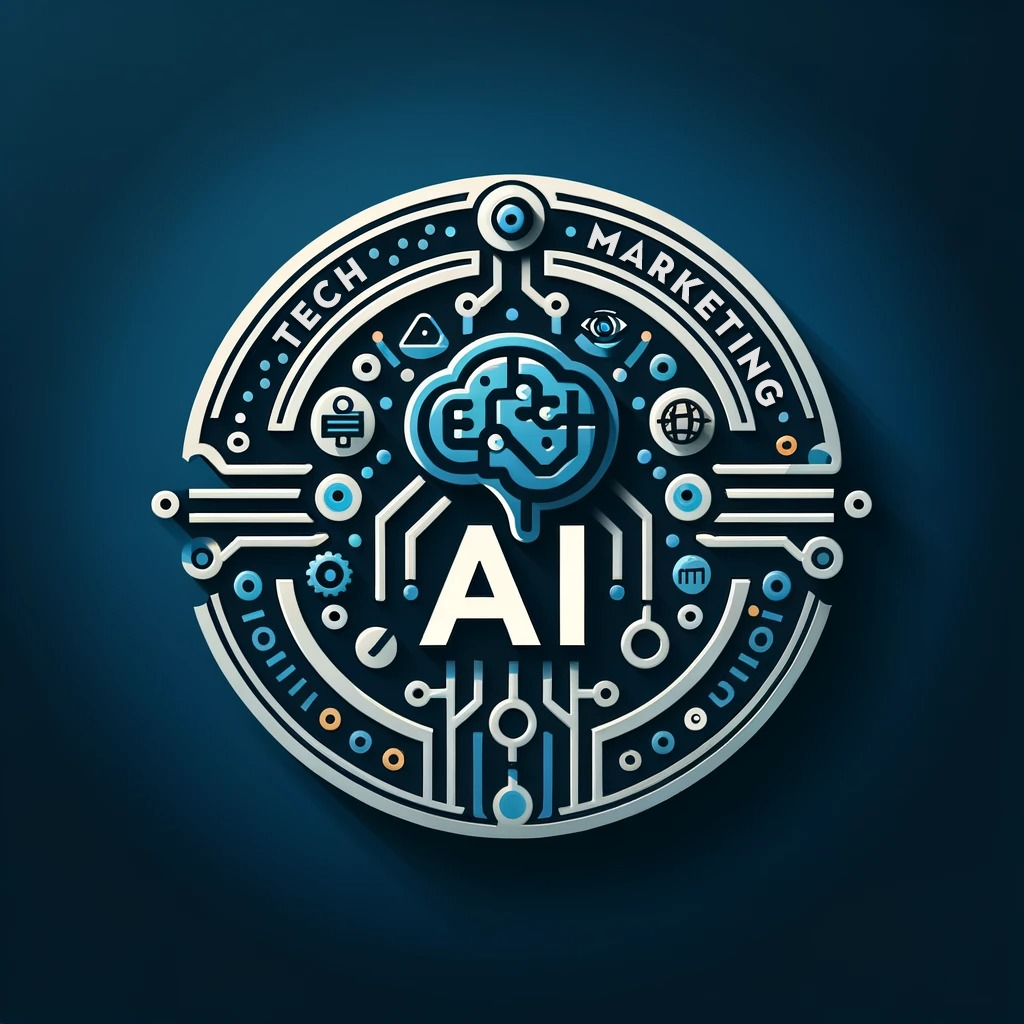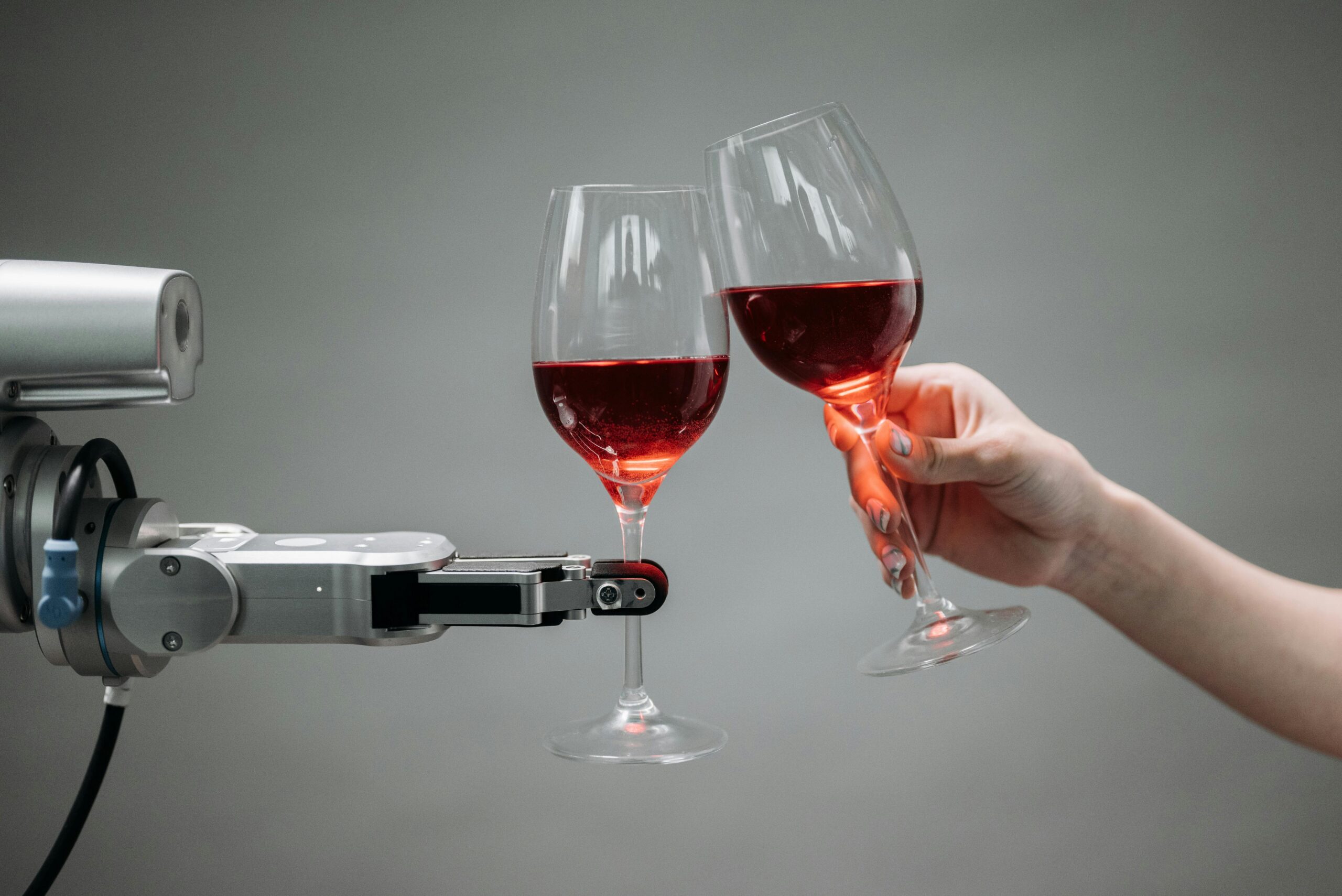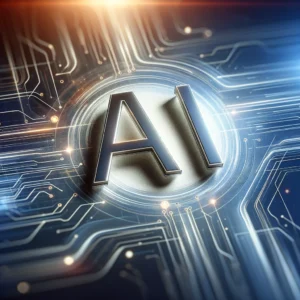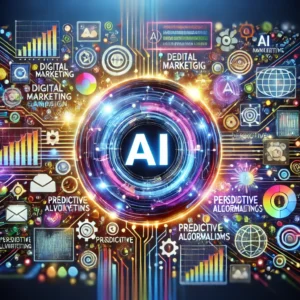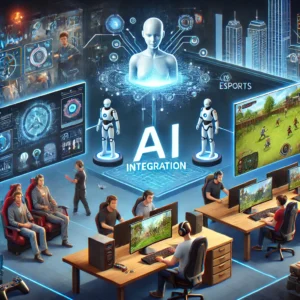In an age where artificial intelligence is revolutionizing everything from customer service to creative writing, it’s no surprise that AI is also making waves in the most intimate part of human life — love and relationships. But as technology advances, a burning question arises: Will AI replace human love? Could we truly fall in love with robots or digital soulmates?
Let’s explore the future of romantic relationships in a world where artificial intelligence is learning not only how we live but how we love.
The Evolution of Love in the Digital Age
Love has always evolved with society. From handwritten love letters to swiping right on dating apps, the way we connect emotionally has changed over time. Today, AI is pushing the envelope even further with the emergence of:
- AI-powered chatbots as companions
- Virtual reality partners
- Humanoid robots programmed for intimacy
- Deep learning algorithms that tailor emotional experiences
These technologies are not only capable of having conversations but can also simulate empathy, recognize emotions, and adapt their behavior based on our feelings — creating experiences that feel deeply personal.
What Are Robotic Relationships?
Robotic relationships refer to emotional or romantic connections people form with robots or digital entities powered by artificial intelligence. Unlike human partners, these AI companions don’t get jealous, don’t argue unless programmed to, and are always available.
Popular examples include:
- Replika: An AI chatbot designed to become your best friend or romantic partner.
- Gatebox: A Japanese virtual assistant that lets users live with their digital partner.
- Harmony AI: A lifelike robot with customizable personalities and voices.
For some, these robotic companions offer comfort, emotional security, and a judgment-free space to express their true selves. For others, it’s a controversial step that may replace essential human connections.
Why Are People Turning to AI for Love?
There are several reasons why people are opening their hearts to artificial beings:
- Loneliness epidemic: Millions feel isolated and emotionally disconnected, and AI offers companionship.
- Personalization: AI partners can be customized to fit emotional and physical preferences.
- No fear of rejection: Digital soulmates don’t judge or abandon.
- Control and consistency: AI behaves predictably, unlike human emotions.
- Accessibility: Not everyone finds it easy to form human relationships.
These factors make AI love appealing, especially to those who struggle with traditional dating due to trauma, anxiety, or social limitations.
Can AI Truly Replace Human Love?
The short answer: It depends on what you define as love.
AI can mimic love. It can recognize your voice, comfort you when you’re sad, and remember your likes and dislikes. But is that real love, or just clever programming?
Humans are wired for connection, vulnerability, and emotional reciprocity. True intimacy involves unpredictability, growth, compromise, and shared life experiences. AI cannot yet replicate those fully — and maybe never will.
However, AI can simulate the feeling of being loved, which for some is enough.
Ethical and Psychological Concerns
As robotic relationships rise, experts are raising valid concerns:
- Emotional dependence: People may become overly attached to machines, avoiding real relationships.
- Social isolation: The more time spent with AI, the less people might engage socially.
- Consent and autonomy: Robots can’t give real consent, complicating ethical boundaries.
- Data privacy: Conversations with AI partners are often stored and analyzed.
Governments and tech developers are still figuring out how to ethically manage AI’s growing emotional role in our lives.
The Rise of Digital Soulmates
A digital soulmate is an AI designed to be your perfect match — emotionally, intellectually, and even sexually. Advanced neural networks analyze your preferences, communication style, and emotional patterns to create a partner that “gets you.”
While still in early stages, some companies are working on AI that can evolve with you over time, growing smarter and more emotionally compatible the more you interact.
This futuristic idea sparks hope — and fear. Can a machine that never truly lives, love you the way a human can? Or does the mere illusion of understanding suffice?
Can Humans and AI Coexist in Love?
Absolutely. Rather than replacing human relationships, AI can enhance them. Imagine a virtual therapist who helps couples resolve conflicts, or AI assistants who remind partners of important dates or suggest date ideas based on shared memories.
AI in love doesn’t have to mean giving up on human intimacy. It can mean more informed, supportive, and personalized relationships — whether with humans, machines, or both.
Looking Forward: Love in 2050
By 2050, experts predict that AI-human romantic relationships may become as common as online dating is today. With improvements in robotics, emotion detection, and natural language processing, robotic companions will become even more lifelike.
However, love will likely remain a spectrum — from physical human connection to virtual emotional intimacy. The future may not be about replacing one with the other but redefining love itself.
